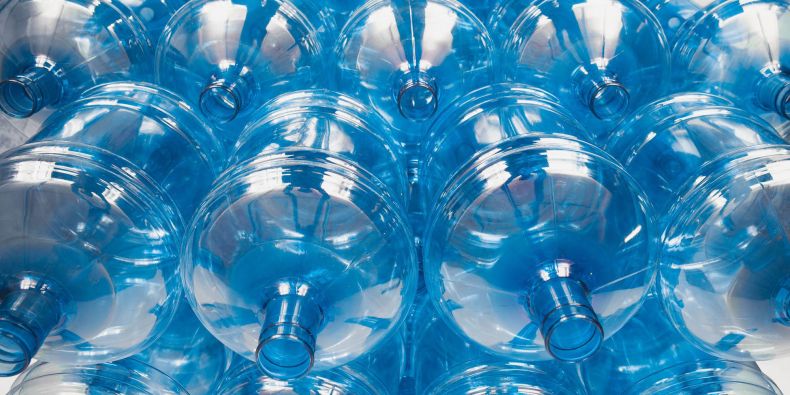Problems with water quality at Pavilions A5 and A13 of the University Campus in Bohunice have been solved by the installation of new pipes. Tests conducted after the changing of the pipes have shown that water quality is in compliance with hygiene norms.
Campus administrators were able to remove packaged water and safety notices stating that the water was not fit to drink.
The installation of new pipes will continue gradually in other pavilions where problems with water quality have been reported.
The university decided to change the pipes in consultation with the building contractor after a complaint was filed about part of the original water distribution system. This caused degradation of the water to the extent that it was unfit to drink. The original pipes, which worsened water quality by releasing zinc, were replaced by new pipes of higher quality.
“The construction companies managed the installation of new pipes for hot and cold water without any significant operational restrictions in the pavilions," said Masaryk University's Bursar Ladislav Janíček. Thanks to this it will be possible to proceed with the gradual replacement of the pipes in other pavilions without restrictions on supply. The fault was detected in 17 pavilions. Work is scheduled to continue until the end of 2014.
Sixty per cent of estimated costs totalling 34 million crowns will be met by the building contractors, with the remainder met by the university because of improvements in the standard of the pipes. At the time the Campus was designed and built, galvanized steel piping was used in some places in accordance with existing standards. Piping in these places will now be of chromium steel.
In 2010 the university carried out detailed analysis of the water supply after consumers complained of sensory defects in terms of smell and taste. It was established that although the water offered no threat to the health of students and staff, it was not in compliance with current hygiene standards and thus unfit to drink. For this reason 'Water unfit to drink' notices were attached to water taps. The university provided the pavilions affected with a supply of packaged water and opened proceedings with the building contractor that sought to remedy the situation.
